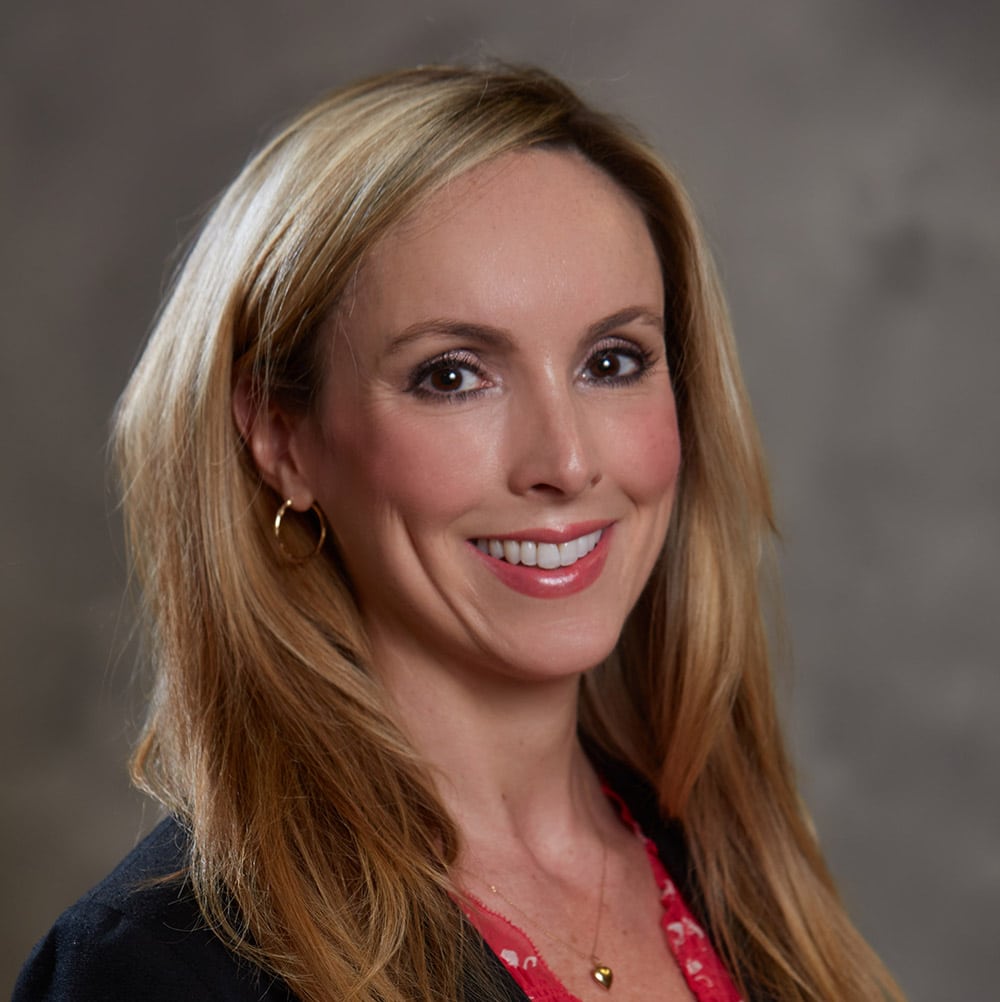
 Post traumatic stress disorder (PTSD), also known as “shell-shock,” is a mental health condition that can develop from a traumatic or stressful experience, usually life-threatening. PTSD occurs differently for each person, oftentimes related to the triggering occurrence.
Post traumatic stress disorder (PTSD), also known as “shell-shock,” is a mental health condition that can develop from a traumatic or stressful experience, usually life-threatening. PTSD occurs differently for each person, oftentimes related to the triggering occurrence.
PTSD can develop in anyone for any traumatic reason. One example is not being able to ride in the front seat of a car due to a horrible car accident you experienced. Another example that affects veterans who have been in combat is the sound of fireworks. The sound fireworks produce can be between 150 -175 decibels which is equivalent to a jet engine and gunfire. The crash and boom of the pyrotechnic spectacles can trigger the memory and feeling of being deployed and amid combat.
PTSD symptoms may not always occur directly after the traumatic event. However, if you notice that certain activities and events trigger PTSD symptoms longer than a few weeks, you may want to consider talking about the possibility of having PTSD and how to cope with it.
Symptoms of PTSD are grouped into four categories:
- Intrusion: Negative memories such as flashbacks or nightmares
- Avoidance: Purposely avoiding any reminder of the incident
- Negative changes in mood and thinking: Difficulty feeling anything positive about yourself, the people/relationships around you and your environment
- Physical and emotional reaction changes: Self-destructive behavior and/or inability to control and process one’s reactions
Anyone at any age can develop PTSD. Having support and resources to manage stressors that trigger you can help prevent PTSD from occurring. Having the right tools and assistance is key to maintaining a healthy coping plan and minimizing the risks of using escape methods, such as drinking, smoking or worse, which can lead to fatal results.
If you feel that you may be experiencing PTSD symptoms or don’t have the resources to manage them, contact UofL Physicians – Psychiatry. If you or someone needs emergency psychiatric care, you can visit any of our seven ER locations or UofL Health – Peace Hospital Assessment and Referral Center for a no-charge assessment 24/7 at 502-451-3333 or 800-451-3637. Walk-ins welcome. Contact the 24-Hour Crisis and Information Center Line at 502-589-4313 or 800-221-0446.









